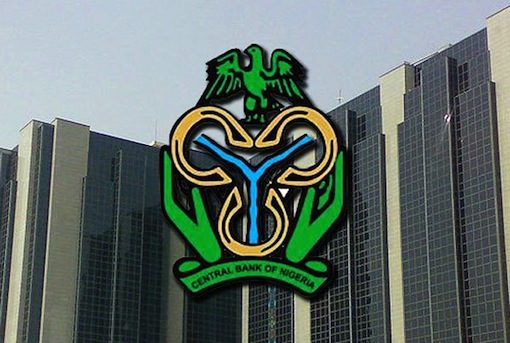The IMF wants the CBN to end some of its harshest policies including lifting the forex ban on 41 items.
The International Monetary Fund, IMF on Tuesday approved a sum of $3.4 billion via a Rapid Financial Instrument to Nigeria. The loans come at a period when countries across the world are battling with the Covid-19 pandemic and the crash in crude oil prices.
While the loans do not necessarily come with strings, the IMF did reveal in its press release acknowledging that Nigeria was on the path to unifying its exchange rata and moving towards a flexible exchange rate regime. As Nigerians get acquainted with the terms of the deal, the IMF released more reports shedding more light into what the country might expect to happen in the coming weeks and month should they have their way.
One of such policy changes it demands from Nigeria is a change in some of the most loved monetary policies, currently in place under the Godwin Emefiele led central bank. The CBN Governor has often defended his heterodox policies claiming it is expedient if Nigeria were to dislocate itself from its thirst for foreign imports. The IMF may well be on a collision course with the CBN if it wants the CBN to reverse these policies.
CBN Policies IMF wants to be reversed.
Exchange Rate Unification: The CBN currently maintains a multiple exchange rate regime where it buys and sells forex through several windows. The IMF wants the CBN to collapse these windows into one.
“With the spread across the various exchange rate windows now very narrow, this is also a good moment to immediately move to full and formal unification—e.g., by converging all foreign exchange windows to the I&E window. This critical step to ensuring a well-functioning market would be helped by the CBN’s calibration of its foreign exchange sales in the market at a level commensurate with protecting central bank reserves while taking into account low international oil prices and reduced FX demand. A unified and more flexible exchange rate will be an important shock absorber, especially in turbulent times— with CBN FX interventions limited to smoothing large fluctuations in the exchange rate.” IMF
The CBN already moved towards this after it devalued from N305 to N360 in its official window. However, the rate still differs from that of the BDCs and the I&E window. CBN also does not have a flexible exchange rate and have resisted this for years under Emefiele. This will be one of the greatest ever policy changes in Nigeria’s economic history and goes against every defense President Buhari has put forward defending a fixed exchange rate regime. It will be a huge victory for more market-friendly analysts if this happens under Emefiele and Buhari.
Remove FX Restriction on Imports: The IMF also wants the CBN to remove all FX related restrictions on imports. This includes its flagship ban on the sale of forex to import on 41 items, a major policy thrust of Emefiele.
“Along with exchange rate unification, existing FX restrictions on goods imports should be removed and monetary policy tightening through more orthodox tools (i.e., no discretionary CRR that distorts banks’ liquidity management) resumed to enable the CBN to reach its single-digit inflation target.” IMF
Dropping this policy will be a very difficult one considering how critical it is to the CBN’s import substitution policy. Once it does this, it would have done a complete 360 degrees to one of its most controversial policies. The CBN believes these bans have led to an increase in the local production of rice and a boost to the agricultural sector.
Stop the CRR & LDR policy: Banks hate the CBN’s increase in CRR and the CBN’s frequent unilateral debits of its deposits due to non-compliance of the load to deposit ration monetary policy. The IMF seems to hate that too.
“Recent regulations to spur lending through the loan-to-deposit ratio, which encourages higher credit risk and a shorter maturity structure, should be eliminated. Banks’ own capital and liquidity buffers should remain the first line of defense, which in the case of Nigeria means that supervisors could temporarily allow banks to drop below the minimum capital requirement (currently 15 percent for large banks, which is significantly above the Basel II 8 percent requirement).” IMF
The CBN’s CRR & LDR policy is at the heart of the bank’s quest to push banks away from the safety of treasury bills and OMO towards the more risky private sector lending. Some naysayers believe the CBN has an ulterior motive which probably includes defending the naira. Getting the CBN to also reverse this policy will be a huge win for banks who have complained that the policy affects its profitability growth.
It will be interesting to see how the CBN reacts to these demands from the IMF and how quickly it could reverse its much-maligned policies if it does agree to reverse them.
NAIRAMETRICS
